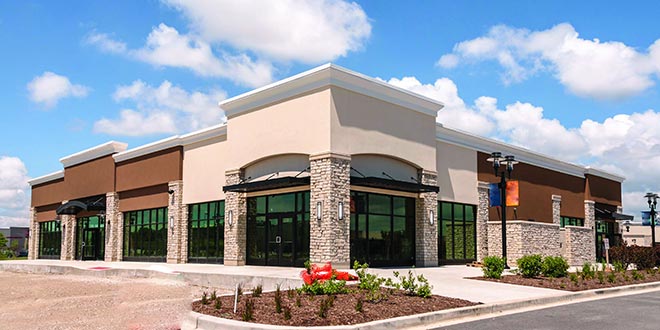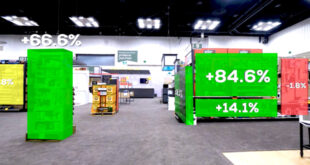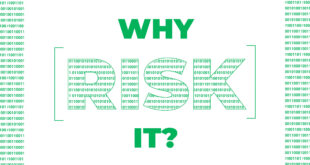Property taxes are a significant portion of a retailer’s tax burden, and some big-box retailers have found a way to lessen their burden through what is called the “dark store” theory.
The theory suggests that operational retail stores should be valuated and taxed the same as stores that are empty and nonoperational, or “dark.”
Property taxes for retail establishments are calculated by the county in which the retail store exists, according to Cincinnati CBS affiliate WKRC. Homeowners can appeal their property tax bill if they feel it’s too high, and retailers can do the same.
“If your house gets a reduction, the impact on the county is small, but if big-box values are reduced, that’s less money for schools and social services,” the news outlet reports.
According to WKRC, big-box retailers throughout the U.S. like Walmart and Lowe’s have successfully had their property tax bills lowered and have been issued refunds using the dark store loophole.
WKRC reports that the initial tax assessment for a Walmart in Fairfax, Ohio, was $12.9 million. After the company appealed, asking to be appraised at just $9.2 million, it was lowered to $12.5 million.
In Brown County, Wisconsin, six retail establishments, including Walmart and Menards, sued their respective localities for reduced tax assessments over the course of just two months, according to the Green Bay Press-Gazette. The newspaper reports that the Wisconsin League of Municipalities knows of 200 similar cases in the state and is lobbying to close the loophole.
In the case involving Menards, the property tax was initially assessed at $12.4 million, and the retailer sued for an assessment of $5.8 million in November, according to the Green Bay Press-Gazette. “However, that value was below the $8.7 million in taxable value it agreed to create in exchange for the village’s $1.6 million in tax incremental financing that supported construction of the store,” the newspaper reports.
Taking into consideration that information, Menards filed a new lawsuit on Aug. 1 for a tax assessment of $8.7 million. The suit is still pending, according to the newspaper.
Another Menards store in Wausau, Wisconsin, recently successfully reduced its tax burden using the dark store claim and will be issued a refund by the city of Wausau, the newspaper reports. The privately held big-box home improvement retailer will receive a refund of $96,000 after the city agreed to assess its store for $10.4 million for 2015 and $10.2 million for 2016, down from $12.2 million for both years. The newspaper reports that the city and the retailer agreed on an assessment of $10 million for 2017.
In his testimony to the Wisconsin legislative body that is considering closing the loophole, Rhinelander, Wisconsin, alderman Alex Young says that when big-box retailers successfully lower their tax bills using this loophole, homeowners and small businesses end up footing the bill, reports Wisconsin NPR affiliate WXPR.
“[It] results in shifting the tax burden from those commercial properties further onto homeowners and small businesses that can’t afford to hire the big-shot tax consultants that can find those loopholes.”
 Hardware Retailing The Industry's Source for Insights and Information
Hardware Retailing The Industry's Source for Insights and Information








